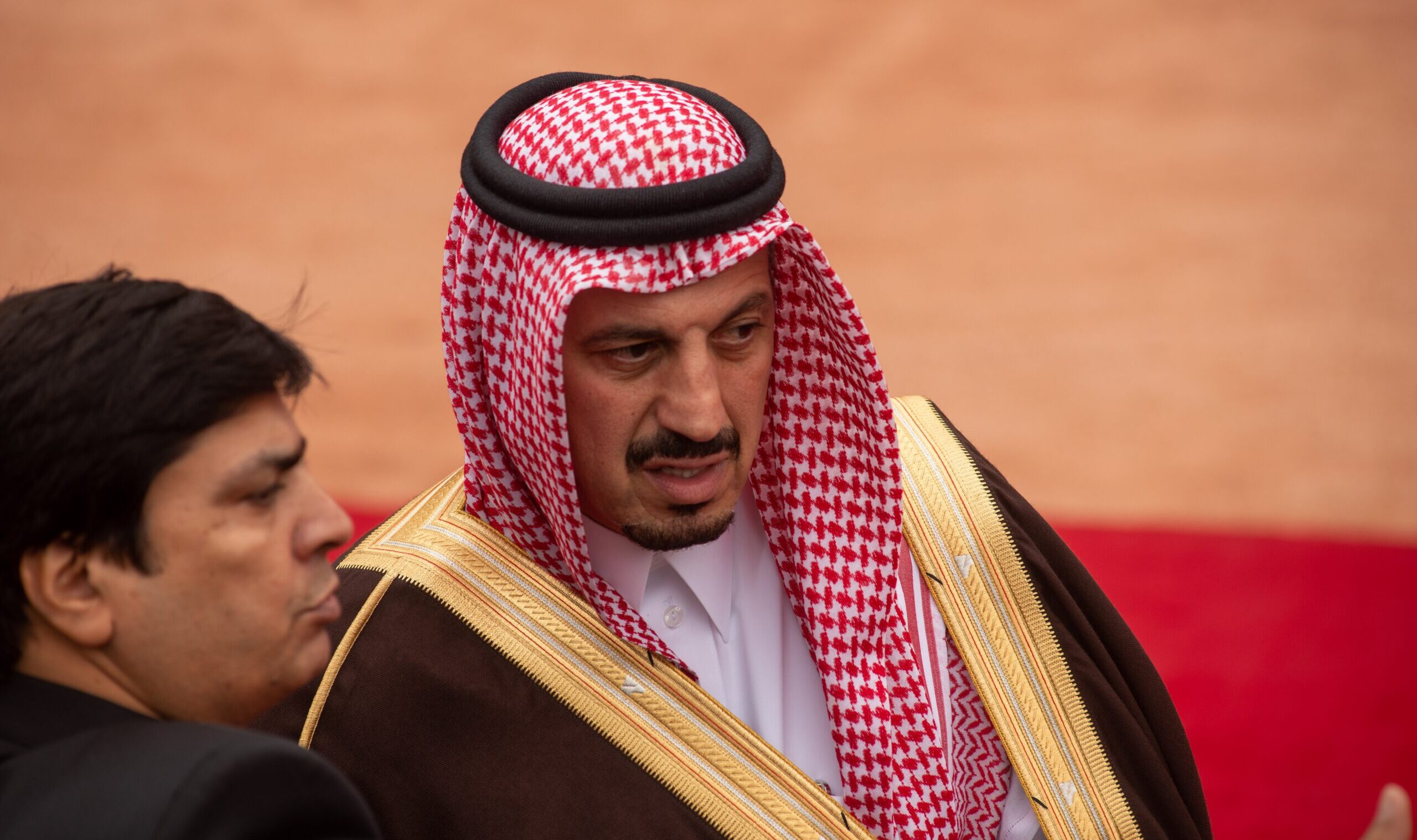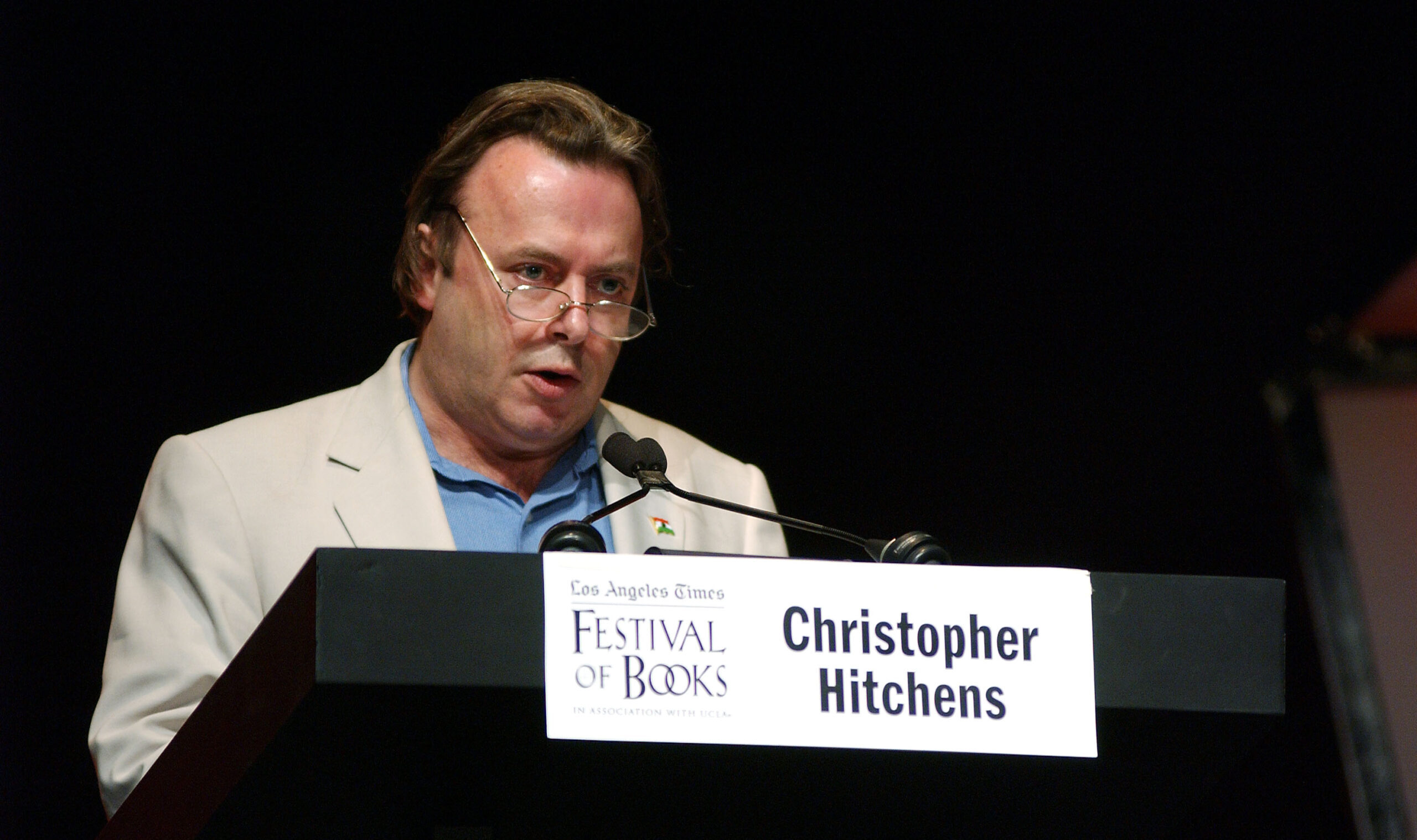Amazon’s Jeff Bezos admits fake news agenda at WaPo has failed, promises new direction for failed media rag
The newest owner of The Washington Post is throwing in the towel as he now admits that mainstream journalists are no longer respected.
That owner is Jeff Bezos of Amazon fame, who penned an op-ed for WaPo this past week fessing up that the rag has been publishing lies dressed up as "news," and that something has to change.
"Most people believe the media is biased," Bezos wrote. "Anyone who doesn't see this is paying scant attention to reality, and those who fight reality lose."
"Reality is an undefeated champion. It would be easy to blame others for our long and continuing fall in credibility (and, therefore, decline in impact), but a victim mentality will not help. Complaining is not a strategy. We must work harder to control what we can control to increase our credibility."
The few people out there who still read WaPo are overwhelmingly annoyed, reports indicate, that the paper refused to endorse Kamala Harris for president. Bezos defended this decision with claims that there is no point in making any kind of political endorsement.
"Presidential endorsements do nothing to tip the scales of an election," Bezos claims. "No undecided voters in Pennsylvania are going to say, 'I'm going with Newspaper A's endorsement.' None."
"What presidential endorsements actually do is create a perception of bias. A perception of non-independence. Ending them is a principled decision, and it's the right one."
(Related: Earlier this year, Bezos came out to demonize farming at the same time he invested $1.27 billion into fake food production.)
Newspapers endorsing presidential candidates makes them look more biased, less trustworthy
It turns out that Bezos is not alone in his feelings about newspapers making political endorsements. Eugene Meyer, who ran WaPo from 1933 through 1946, agreed that not endorsing presidential candidates helps a newspaper to appear less biased and more trustworthy.
"By itself, declining to endorse presidential candidates is not enough to move us very far up the trust scale, but it's a meaningful step in the right direction," Bezos continued in his piece.
"I wish we had made the change earlier than we did, in a moment further from the election and the emotions around it. That was inadequate planning, and not some intentional strategy."
According to Bezos, he personally is as unbiased as it gets. He insists this op-ed was not printed due to any kind of political pressure, but simply because he is an all-around stand-up guy, in his own eyes, who wants WaPo readers and anyone else out there who is willing to trust him wholeheartedly.
"I assure you that my views here are, in fact, principled, and I believe my track record as owner of The Post since 2013 backs this up," Bezos wrote. "You are of course free to make your own determination, but I challenge you to find one instance in those 11 years where I have prevailed upon anyone at The Post in favor of my own interests. It hasn't happened."
"While I do not and will not push my personal interest, I will also not allow this paper to stay on autopilot and fade into irrelevance – overtaken by unresearched podcasts and social media barbs – not without a fight. It's too important. The stakes are too high."
The fact that Bezos would even print such things, whether he actually means them or not, is telling as to the power of the so-called "alternative" media, which in many ways is now more trusted than the mainstream media. Bezos sees this and is trying to keep his investment afloat by saying whatever it takes to do so.
The mainstream media is a dying breed. Learn more at MediaFactWatch.com.
Sources for this article include:




